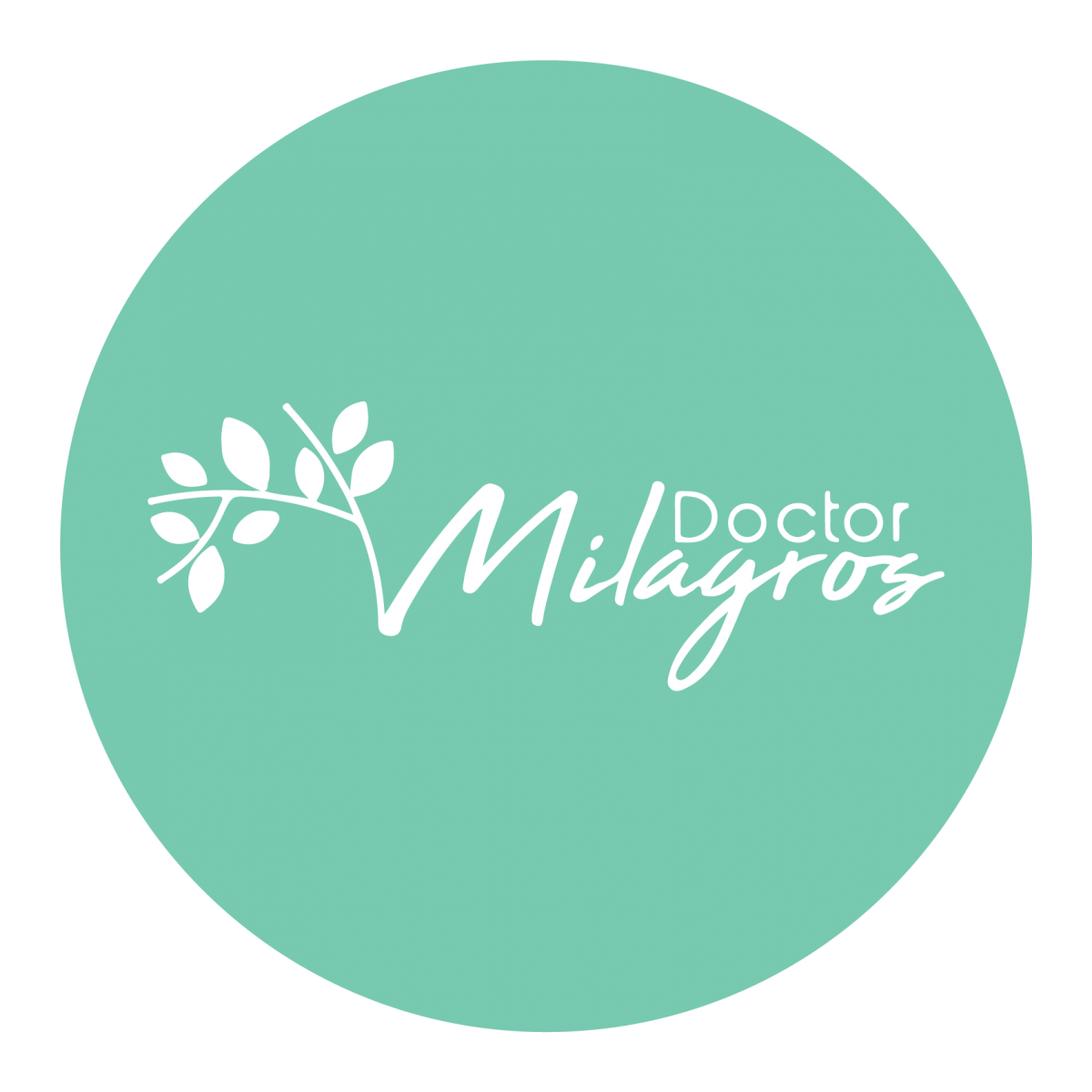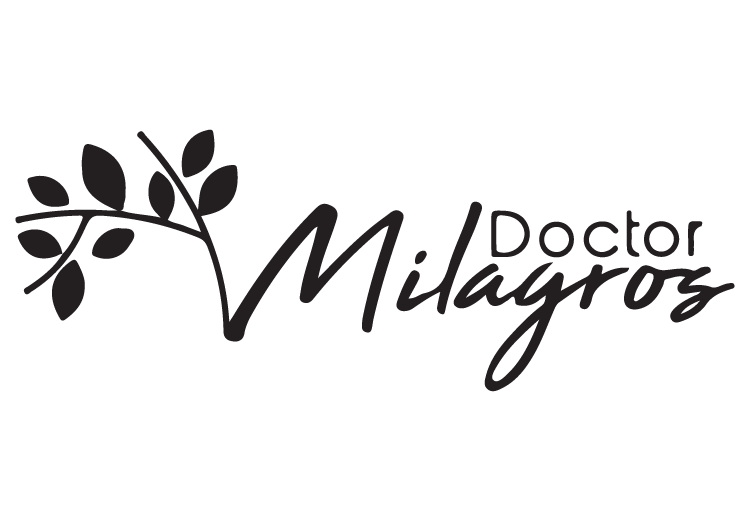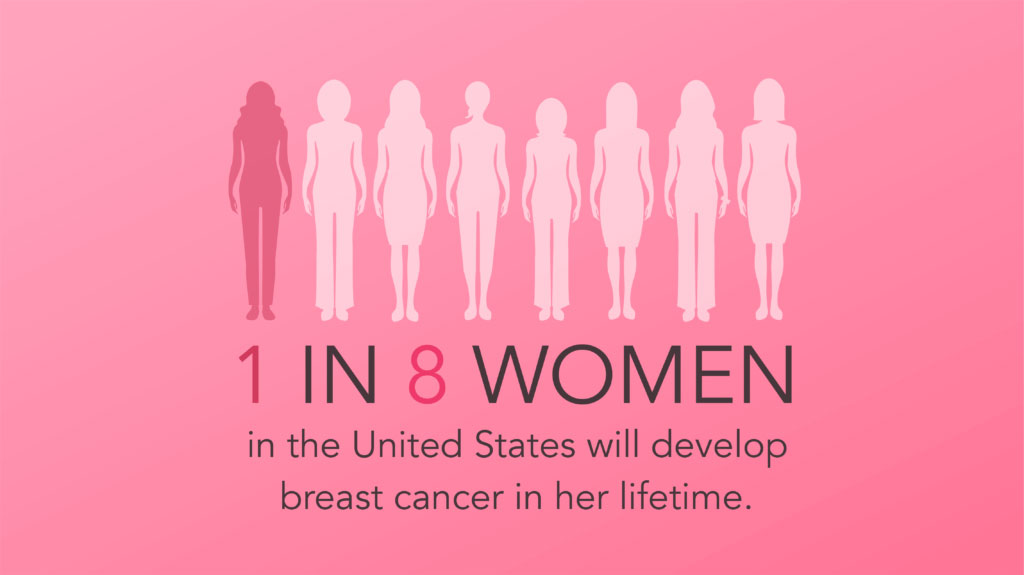breast cancer, health, Medicine
October is Breast Cancer Awareness Month
October is Breast Cancer Awareness Month
Breast Cancer Awareness Month is the name given to the annual campaign to raise awareness, funding, and research for those diagnosed, surviving and lost to this disease. Did you know that 1 in every 8 women will be diagnosed with breast cancer in her lifetime? Men are also affected in smaller numbers— every year, approximately 2,190 men will be diagnosed with breast cancer and 410 will die. There are several varieties of breast cancer— I am a survivor of DCIS, an estrogen receptor cancer.
What is unique about this year’s awareness campaign, and what makes it so much more important, is that we saw a decline in screenings and early detection due to the Covid-19 pandemic.
Lets start with the basics— what exactly is cancer? Cancer describes a disease which causes abnormal cell growth in one organ of the body which can then invade healthy tissues. When cancer spreads to other parts of the body, this is called metastasis. Some cancers usually become noticeable when they form a tumor. Others are detected via screening.
In Breast Cancer, abnormal cells begin to grow in the breast tissue and can also metastasize to other tissues or organs. Commonly, the lymph nodes are also affected.
According to the American Cancer Society, if breast cancer is detected early and treatment takes place while it is still localized, then the 5-year survival rate can be 99%. In order to ensure early detection, it is pertinent to perform monthly self checks, and to schedule regular clinical testing.
When performing a self check, you should be looking for any changes from the previous month. Self checks are most affective when performed 7-10 days after the start of your menstrual cycle, and on the same day of every month if you already in menopause.
According to John Hopkins Medical Center “Forty percent of diagnosed breast cancers are detected by women who feel a lump, so establishing a regular breast self-exam is very important.”
What can you do to prevent breast cancer? Well, there is no guaranteed prevention method however you can follow the guidelines below to reduce your risk factors. Drinking alcohol daily and smoking are both confirmed factors for an increased risk of breast cancer. Contraceptive pills can increase risk when taken for longer than a five-year-period and especially when coupled with a family history of breast cancer. The evidence regarding consuming dairy is limited, but may suggest a link between higher consumption of dairy and developing breast cancers. Regarding permanent hair dyes and chemical straighteners, studies demonstrate a higher risk of developing breast cancer in women who use these products versus women who don’t.


